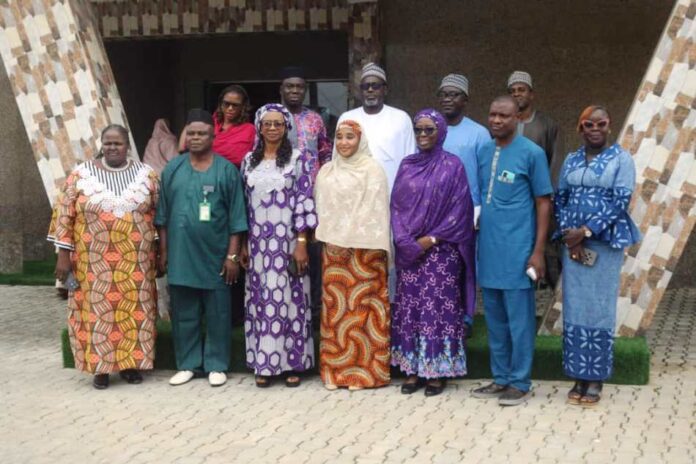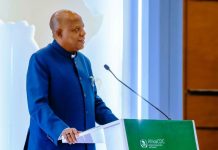The Federal Government has renewed its call for state governments to take decisive action in implementing the National Policy on Skills Development in Formal and Non-Formal Education, pledging to track performance and ensure accountability in the delivery of practical, industry-relevant education across Nigeria.
Speaking at the Northern Region Sensitization and Dissemination Workshop on the policy, held in Kano State, the Honourable Minister of State for Education, Professor Suwaiba Sa’id Ahmad, emphasized that Nigeria’s future prosperity depends on transforming the education system from theory-based learning to skills-oriented training. She stressed that the nation’s youthful population is its greatest asset but warned that without deliberate steps to equip young people with market-ready skills, Nigeria risks losing its demographic advantage.
Professor Ahmad urged state governments to domesticate the policy by adapting it to local needs, setting measurable quarterly targets, and delivering clear implementation strategies within two to three months. She disclosed that the Federal Government will not only provide technical guidance through the Office of the Director of Technology and Science Education but will also monitor state-level progress to ensure the policy’s effective rollout.
Highlighting the policy’s alignment with President Bola Ahmed Tinubu’s Nigerian Education Sector Renewal Initiative (NESRI), she explained that the strategy focuses on foundational, transferable, digital, and job-specific skills, while promoting inclusivity, teacher training, and public–private partnerships. She also cited ongoing initiatives such as digital teacher training, the conversion into full flesh Federal Technical Colleges which are now classroom-and-industry hubs, and the Luminah Programme for girls.
The Permanent Secretary, Federal Ministry of Education, Mr. Abel O. Enitan—represented by Dr. Muyibat Olodo—reaffirmed the government’s commitment to preparing Nigerian youth for a rapidly evolving global economy. He described the policy as a bold roadmap for an inclusive and sustainable future, commending state education leaders for their critical role.
Education Manager at UNICEF Nigeria, Mr. Munamuzunga Sikaulu, pledged continued collaboration, noting UNICEF’s 50-year partnership with the Ministry. He stressed the importance of recognizing skills gained through apprenticeships, vocational programmes, and community initiatives, ensuring mobility for learners outside traditional academic routes.
The meeting also featured expert presentations from Mr. Jackson Nweke of the Federal Ministry of Education, Dr. Habib Ahmad Jibrin of the National Education Research and Development Council, and Dr. Yusuf Suleiman of the National Board for Technical Education.
In her closing remarks, Dr. Uhuegbu Stella Ihuoma, representing the Director of Technology and Science Education, urged all stakeholders—educators, policymakers, and community leaders—to champion the policy’s vision and work collectively toward an education system that empowers every learner to thrive.
The same workshop which was earlier held in the southern zones was attended by State Commissioners for Education, Chairmen of State Universal Basic Education Boards (SUBEB), heads of agencies and parastatals, and other key stakeholders in the education sector.
Signed
Boriowo Folasade
Director, Press and Public Relations






